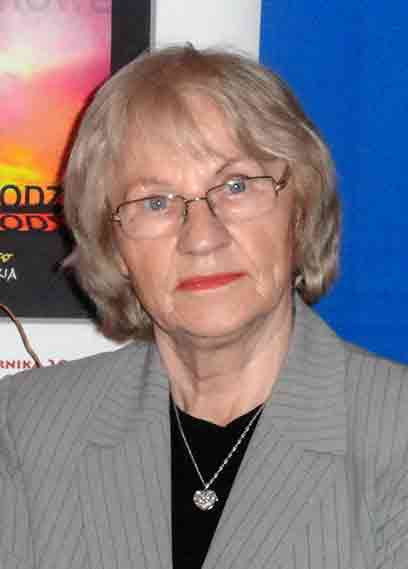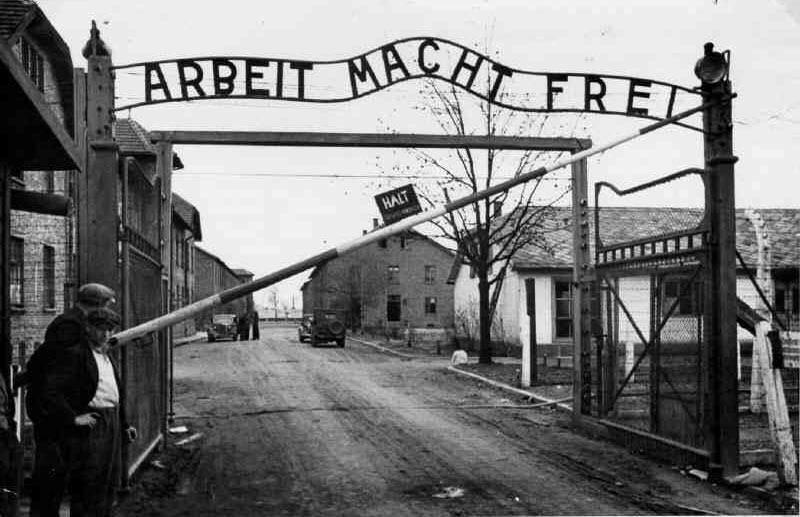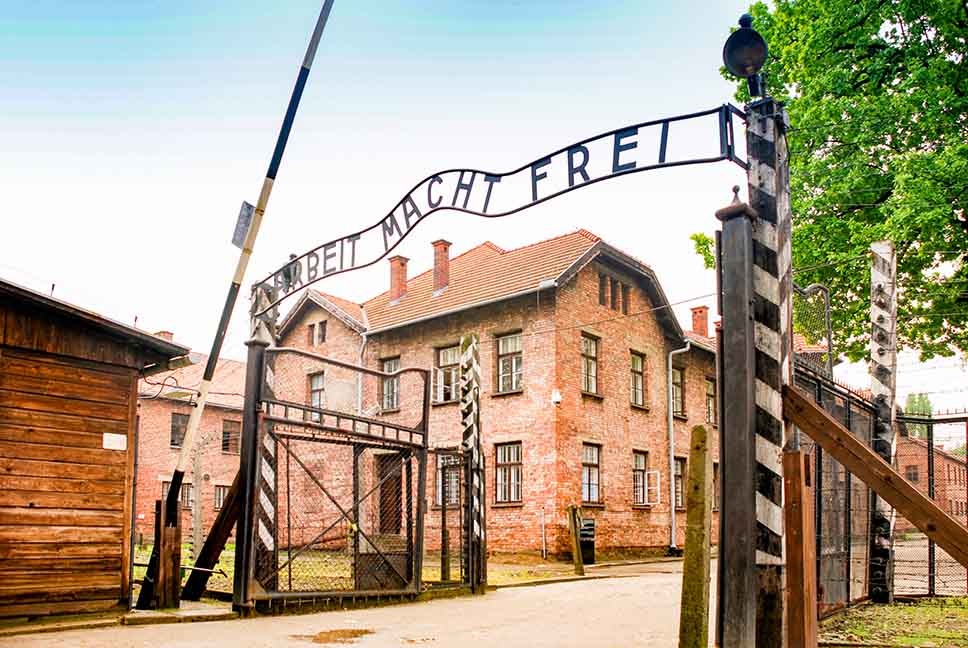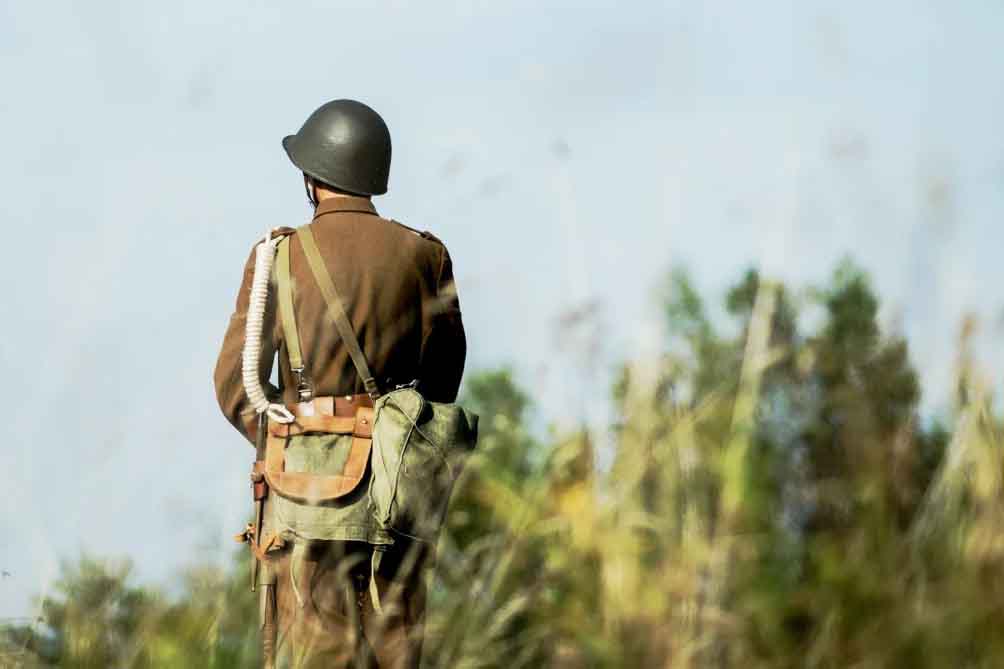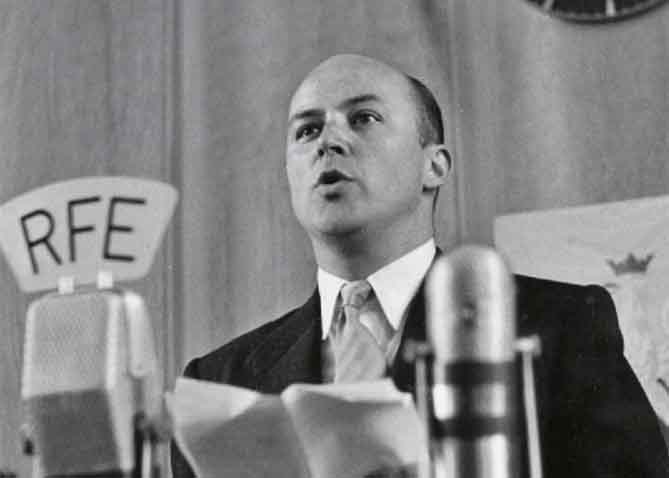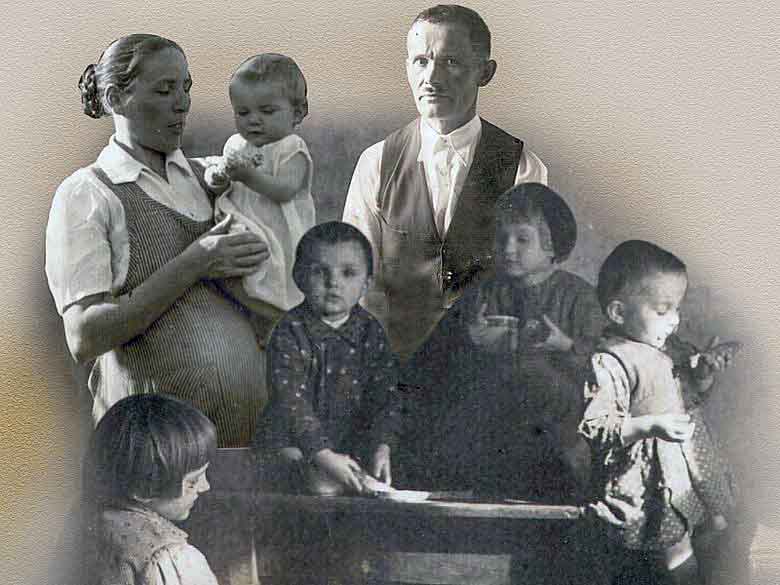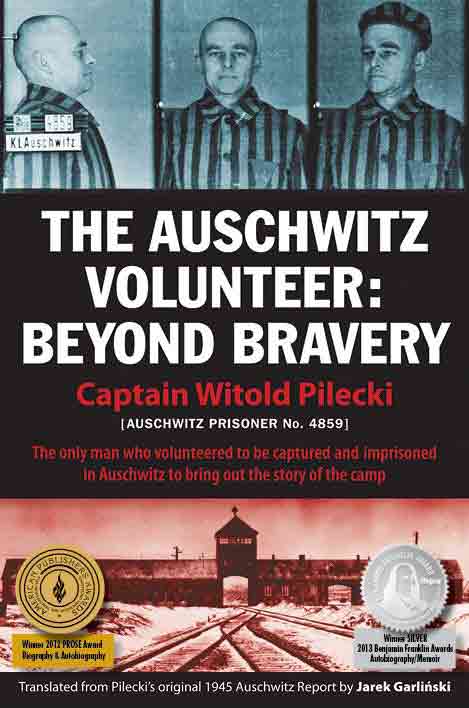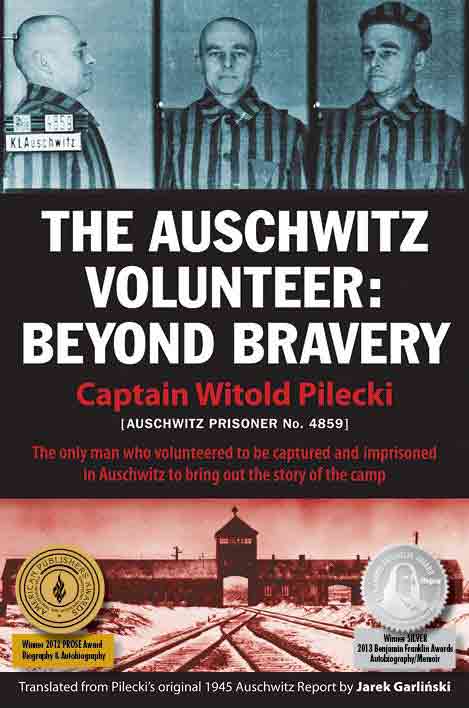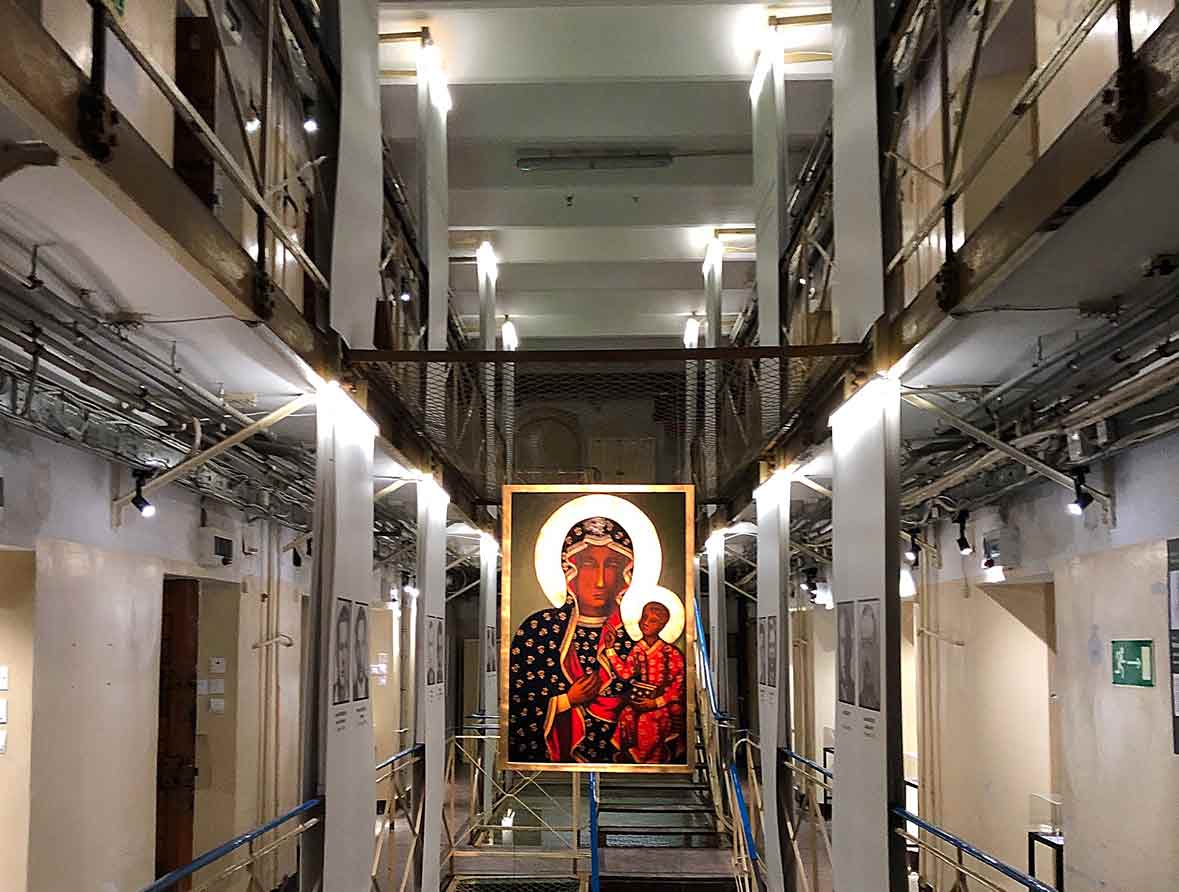We live at the time when great and true heroes need to be rediscovered and remembered. Their deeds, attitudes and beliefs must be brought to light, and their suffering and persecution should be rewarded with our admiration after all the years. Captain Witold Pilecki is one of the greatest heroes of Poland, Europe, and the entire free world in the 20th century.
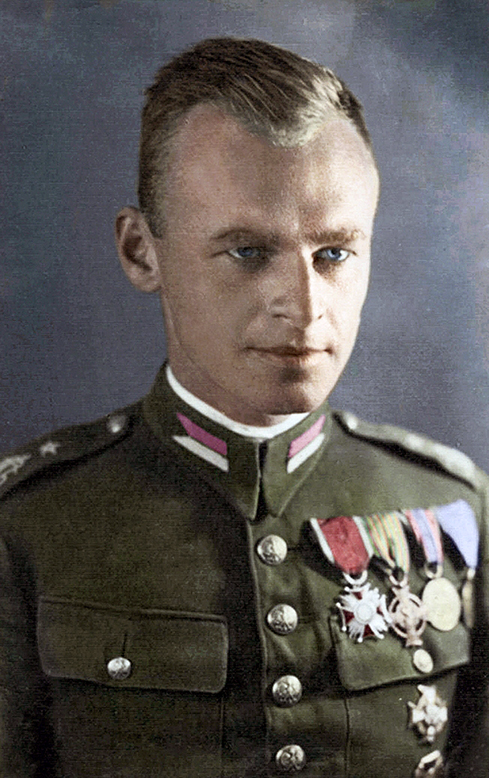
Witold Pilecki, still as a second lieutenant
Patriotic and creative youth
Witold Pilecki was born on May 13, 1991 in Ołońc, to a patriotic Polish family, on the former Polish soil, then under the rule of the Russian Empire. For the participation in the January Uprising of Witold's grandfather — Józef Pilecki — the family's property was confiscated and he was sent deep into Russia. In 1910, his parents — Julian and Ludwika — moved to Vilnius, where Witold began his education at a trade school. In 1913, he joined the Polish scouting organization active in the underground.
Children and their mothers waited the First World War out at their grandmother's house, on the Hawryłkowo estate. After the outbreak of the October Revolution, peasants, incited by Bolshevik provocateurs, began looting and setting fire to manors.
In the fall of 1918, the Pilecki family returned to Vilnius. Witold began his education at the Gymnasium of Joachim Lelewel and joined the secret Polish Military Organization (POW). However, it was not the time for learning. On December 20, he enlisted in the Vilnius self-defense.
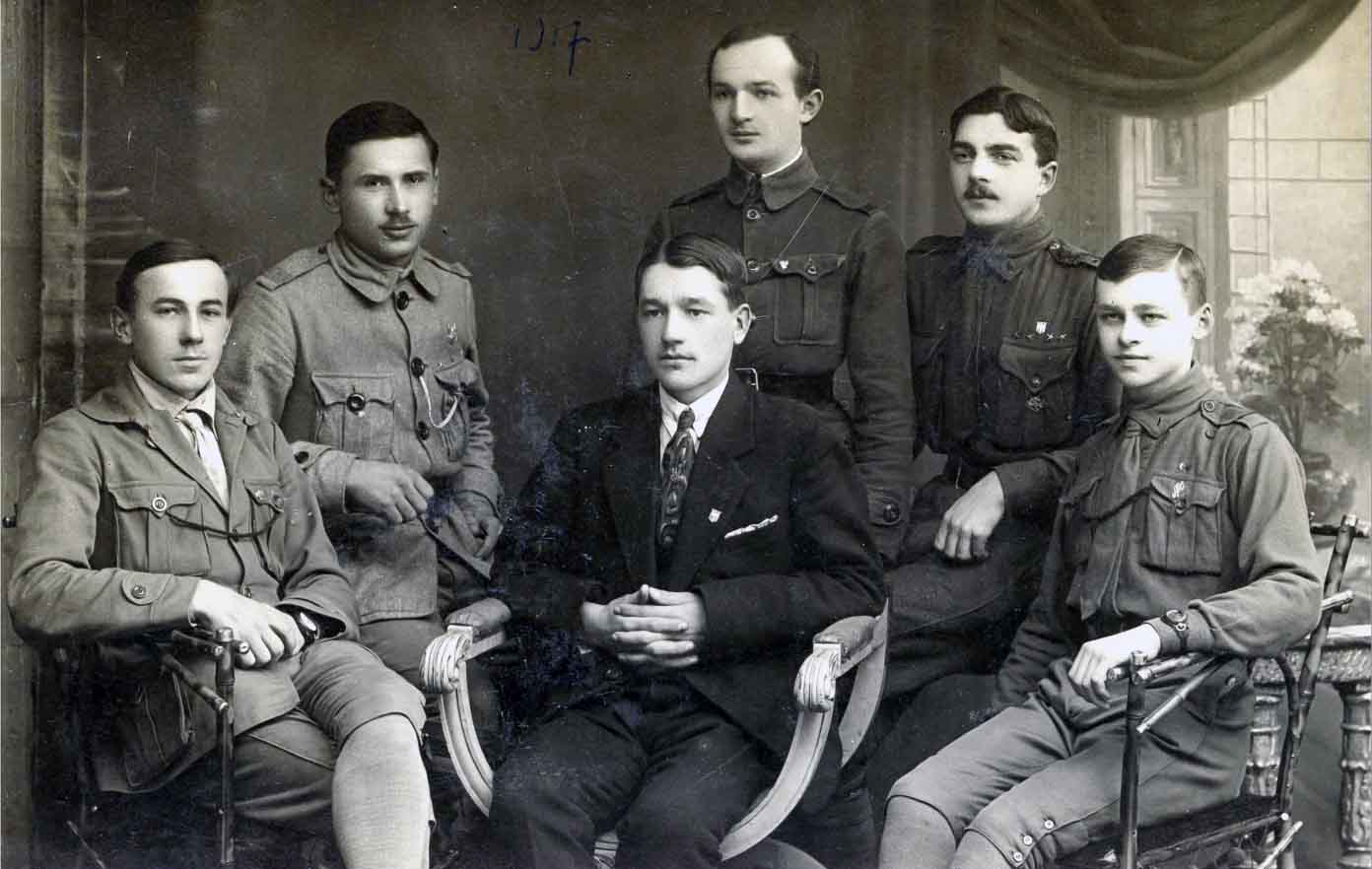
Briefly, as a scout and apprentice, he was dismissed from the army, but returned to it in July 1920, when Poland fought a deadly battle for its state and national existence. He participated in the Battle of Warsaw as a cavalry officer of the third platoon, the second squadron of the 211st Volunteer Regiment of Niemen Cavalry. When the situation in the country normalized, in February 1921, he returned to civilian life, began to study agriculture in Poznań and, as a free student, at the Faculty of Fine Arts of the Stefan Batory University in Vilnius. He did not break off contacts with the military. In 1926 he was promoted to the first officer rank — reserve lieutenant in the ranks of the cavalry. In the same year, he took over the management of the recovered Sukurcze family property. He introduced new farming methods, painted, wrote poems, and devoted a lot of time to social work in his environment.
In August 1939, in the face of the approaching German invasion, he was mobilized. In the September campaign, he commanded a platoon, which he disbanded on October 17, after which he began his underground activity. He was a co-founder of the Secret Polish Army (TAP). In January 1940, many members of the TAP management were arrested and imprisoned in the Auschwitz camp. At that time, nothing was known about the concentration camp in Auschwitz, except that it was built. Under such circumstances, the TAP leadership decided to conduct intelligence activities in the camp. This task was voluntarily undertaken by Captain Witold Pilecki.
Reports from Auschwitz
On September 19, 1940, with false documents in the name of Tomasz Serafiński, he allowed himself to be arrested during a round-up in Żoliborz (Warsaw). On the night of September 21/22, he reached Auschwitz and received the prisoner number 4859. The time of the captain's arrival at the camp was when the crematoria chimneys were not yet smoking. The camp needed the physical strength of the prisoners to expand 22 buildings of the former military barracks in Oświęcim, and to build new barracks in the nearby village of Brzezinka.
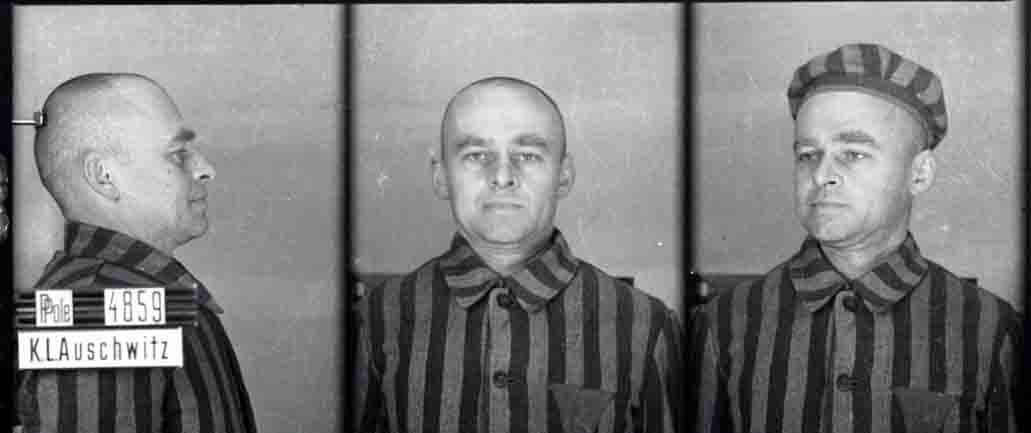
Prisoner No. 4859 of the Auschwitz camp
The first information about the conditions in the camp was sent by Captain Pilecki to the commander of the Union of Armed Struggle, General "Grot" Rowecki, already in October 1940. The message was sent to London, to the command of the Polish Armed Forces. He sent similar reports throughout his two and a half years in Auschwitz.
Witold Pilecki organized a resistance movement network in the camp under the name of the Military Organization Union. The aim of the resistance movement was to make contacts with organizations outside the camp, provide prisoners with food and warm clothes, keep their spirits up, document the activities of the camp, and prepare the action aimed at liberating the prisoners. The resistance movement cells embraced over 800 prisoners. Many former military personnel and many prominent personalities known before the war joined the work there. Among them was Xsawery Dunikowski, a talented sculptor and professor at the Academy of Fine Arts in Krakow, registered under number 774, and prisoner No. 349 Bronisław Czech — an outstanding Polish skier, three-time Olympian, mountaineer, mountain rescuer and guide, pilot and glider instructor. There was also prisoner No. 3904, that is Stanisław Dubois — a publicist, Silesian insurgent, participant in the Polish-Bolshevik war, member of the Seym of the Second Polish Republic in 1928-33.
Pilecki's reports are a document of great historical value, a testimony to the barbarism of the German occupant of Polish lands. One of the first that was written by an eyewitness and got out of a closely guarded death camp. Captain Pilecki describes in his reports what conditions and laws governed the life of the camp. The transport's arrival, unloading and the way to the camp are summarized as follows:
Our heads were hit not only by the SS-man's rifle butts, but also by something more. All our hitherto notions, to which we have gotten used to on earth, to some order of things, have been brutally kicked — the law... Everything went down the drain. Attempts were made to strike us as radically as possible. Break us down mentally as soon as possible.
In subsequent reports, he describes the conditions in which the prisoners slept, the hygienic conditions, and what work they performed.
The prisoners got up at 4:20 in the summer and 5:20 in the winter. Everyone ran to the latrines. In the first period, we did not have toilets, so everybody ran to the latrines in the morning, where very long queues stood, sometimes from one hundred to two hundred people. There were few designated places. Inside, there was a capo with a pole who counted to five, whoever was late to get up, was hit on the head with the pole. More than one prisoner fell into the pit of the latrine.
Each prisoner had a place in the working group. The best job under a roof was in the pigsty, the food of which was more abundant and better than that of the people. Prisoners, who were fortunate enough to be swineherds, ate some of the most perfect food... I was among those who were carrying the gravel needed to finish the construction of the crematorium. We were building the crematorium for ourselves. Until it was finished and working, the kapos invented all sorts of methods of killing.
They did everything to humiliate the prisoners, to deprive them of their humanity, as Tadeusz Borowski — a prisoner, poet and writer, would later describe it — to make the prisoner camp-adjusted. Witold's Reports describe thoroughly, though note without emotion: the work on expanding the barracks, working in the farm buildings of the camp, in the fields outside the camp, bestiality and the worst instincts that can be inherent in a human. Among other things, he described when men were seated on stools and their testicles were being crushed for fun.
In his reports, Captain Pilecki also mentions that there were examples of heroic deeds in the camp that allowed people to believe and hope that humanity would survive. Such an example was the act of Maksymilian Kolbe. It is described in the report as follows:
Once, there was an accident when a young prisoner was selected — an old priest stepped out of the ranks and asked the camp commander to choose him, and release the young prisoner from punishment. The moment was heavy — the block was petrified in awe. The commander agreed. The hero priest went to death and that prisoner returned to the ranks.
Kolbe was 47 years old then, and Pilecki 40. Probably the camp experiences made the priest an "old man". Maksymilian Kolbe was rewarded for his heroism with remembrance and admiration, placing him among the saints.
On the Easter Monday in April 1943, Witold Pilecki, together with two companions, escaped from the camp. With the help of friends with whom he made contact through the organization of the resistance movement, he reached the headquarters, developed a plan to rescue the prisoners and waited for permission to perform the action. He did not live to see it. The underground command found the plan impossible to implement. The SS garrison guarding Auschwitz was from 6,000 to 8,500 strong, so the chances of success in the action aimed at liberating the camp prisoners were negligible.
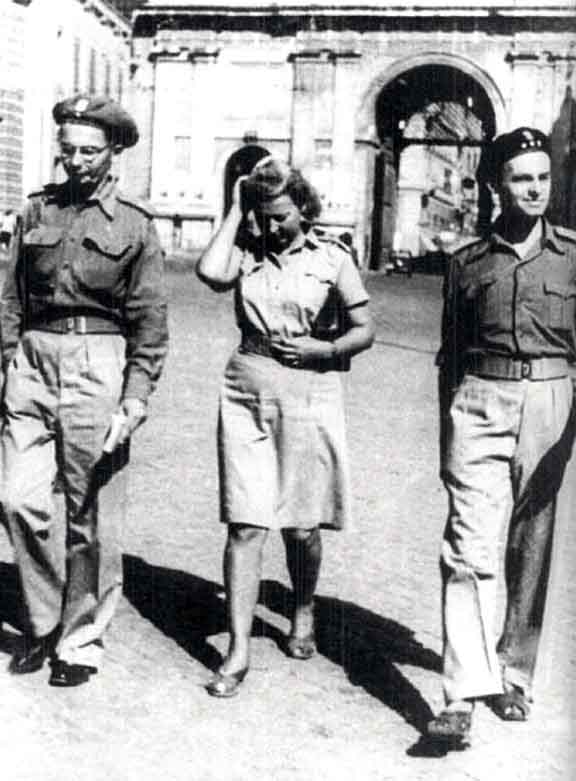
In 1944 Witold Pilecki took part in the Warsaw Uprising. After the defeat, he was taken prisoner by the Germans and stayed in Stalag 344 Lamsdorf and in the VII Murnau oflag. Oflag VII in Murnau was liberated by the Allies. Polish prisoners of the liberated camps joined the Polish Armed Forces in the West. Witold Pilecki was assigned to the 2nd Polish Corps commanded by General Władysław Anders. He became an officer of the 2nd Division of this unit, and his superior was then Lt. Col. Dipl. Stanisław Kijak, plotting to create an intelligence network in the country.
Pilecki, like the commanders and many soldiers, did not accept the new communist authorities of the People's Republic of Poland. He wanted to fight for a free, independent Poland. He wanted to go back to the country. In December 1945, in agreement with the command of the Polish Army in the West, he returned to Warsaw to build new intelligence structures. At the same time, he was preparing reports from Auschwitz. He wrote three of them.
- Report "W" (1943) was written right after escaping from the camp.
- "Teren S" report (1943) is part of the first, but it only concerns the resistance movement in the camp.
- "Report -1945" was drawn up in Italy. It is the most comprehensive summary of observations and reflections on the activities of the camp.
The text of the reports was published 55 years after the war in 2000.
In post-war Poland, Witold Pilecki organized a group that collected information about the current political situation in the country, contacted partisan units in forests, and gathered intelligence at the Ministry of Public Security (MPS), the Ministry of National Defense, and the Ministry of Foreign Affairs. Collected messages were typed, photographed and handed over to couriers.
From 1946, Witold Pilecki was followed by MPS intelligence agents. The communist secret police suspected him that in the years 1945-1947 he was "a resident intelligence agent" of General Władysław Anders in Poland.
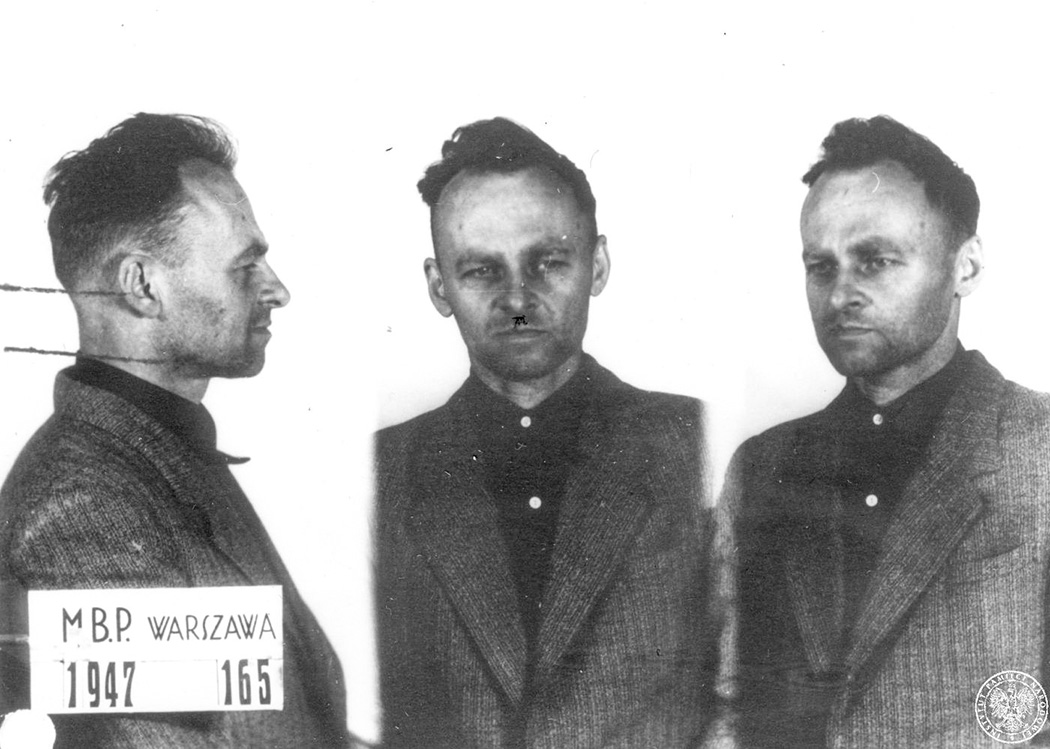
Witold Pilecki after he was arrested by the communist secret police in 1947
He was probably arrested on May 8, 1947 in the apartment of Helena and Makary Sieradzki, to which he had come, not knowing that its owners had been arrested the day before. Along with "Witold", a notebook with addresses of about a hundred people cooperating with him and a cipher code were intercepted. While in custody, he was brutally tortured by officers of the Security Bureau. He then said these incredible words that "Auschwitz was just a game."
On March 15, 1948, Captain Witold Pilecki was sentenced to death. On the appeal, on May 3, 1948, the Supreme Military Court upheld this judgment and President Bolesław Bierut did not use the right to pardon. The sentence was carried out with a shot to the back of the head on May 25 in the Mokotów prison on Rakowiecka Street.
Witold Pilecki left behind a wife, daughter and son. After the exhumations and tests carried out in 2012, the place of burial has not been established, although it is suspected that it is the headquarters in Łęczna, where the victims of the Security Office were secretly buried so that the memory of them in Poland would perish.
In 1990, prosecutors from the Chief Military Prosecutor's Office undertook a review of the trial of Captain Pilecki's group. The judgment was annulled on October 1, 1990. The Military Supreme Court released the convicts from the charges brought against them in the past, emphasizing the unfair nature of the sentences passed in violation of the law. The Supreme Court emphasized the patriotic attitude of the wrongfully convicted persons.
Witold Pilecki has been awarded with many high decorations, including:
- Order of the White Eagle – June 27, 2006 – posthumously
- Commander's Cross of the Order of Polonia Restituta, January 11, 1995 – posthumously
- The Cross of Valor — twice
- The Silver Cross of Merit
- The Oświęcim Cross – posthumously
- The Warsaw Uprising Cross – posthumously
- The Cross of Merit of the Central Lithuanian Army
- Commemorative Medal for the War of 1918-1921
- Medal of the Decade of Regained Independence – 1928
- Star of Perseverance – 1984, posthumously
Most of these decorations were awarded to the Captain posthumously, but they prove that the memory of the heroes must last, and that they themselves must live in the minds of future generations, they must be a model to which successors will aspire to measure up.
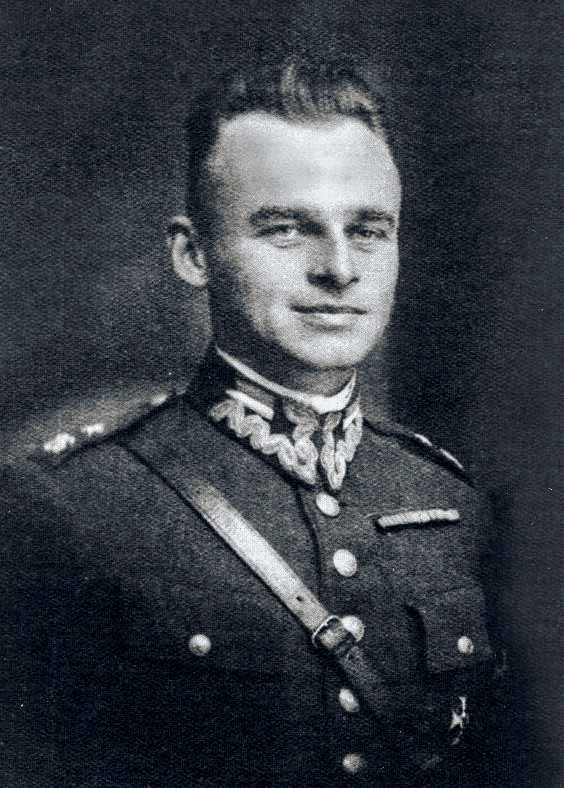
All photos: Wikipedia.
Translation from Polish by Andrew Woźniewicz.



